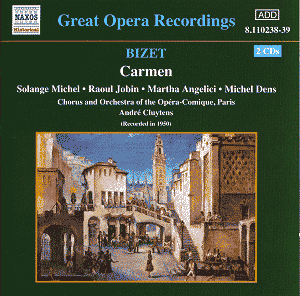=====================================================================
Monthly Theme
July and August will be "encore" months on the blog, as I take the Summer to relax and recharge. I also plan some maintenance activities on the blog, cleaning up some of the content and giving the blog a much needed face-lift.
.
For August, we plan a Beethoven series. I will also be limiting myself to one Tuesday Blog and my regular Friday posts (all of them will be encores of either past montages or Tuesday Blog musical suggestions).
.
For August, we plan a Beethoven series. I will also be limiting myself to one Tuesday Blog and my regular Friday posts (all of them will be encores of either past montages or Tuesday Blog musical suggestions).
- August 1st - Otto Klemperer's 1962 Studio Recording of Beethoven's Fidelio - Partly a do-over of an OTF from April 2012. http://itywltmt.blogspot.com/2014/08/otto-klemperers-1962-studio-recording.html
- August 5th – Pierre’s Podcast Vault Selection of the Month. Will be published on our Tuesday Blog slot on TalkClassical. Our Serene Beethoven podcast from March 2012 features the Fourth concerto and the Sixth symphony . The montage is presented on our Pod-O-Matic Channel until August 31st. http://www.talkclassical.com/blogs/itywltmt/1673-beethovens-summer-vacation.html
- August 8 – Beethoven 2 X 4. An "encore" montage from February 2012, featuring Beethoven's symphonies no. 2 and 4. http://itywltmt.blogspot.com/2014/08/podcast-encore-beethoven-2-x-4.html
- August 15 - The Budapest String Quartet Plays Beethoven. A Tuesday blog "encore" from our Summer Chamber series of 2011. http://itywltmt.blogspot.com/2014/08/the-budapest-string-quartet-plays.html
- August 22 – Beethoven's Late Choral Works. An "encore" montage from August 2012, featuring a cover-to-cover broadcast of the 1970's Michael Tilson Thomas album of the same name, with extras. http://itywltmt.blogspot.com/2014/08/podcast-encore-beethovens-late-choral.html
- August 29 - The "Curious Experiment" of 14 November 1954. Partly a do-over of a Tuseday Blog post of November 2011, featuring Bernstein's lecture on the genesis of aspects of Beethoven's Fifth Symphony. http://itywltmt.blogspot.com/2014/08/the-curious-experiment-of-14-november.html
With the exception of our Podcast Vault Selecton of the Month on August 5th, there will not be a weekly Tuesday Blog in August. We will return to our Tuesday series in September, and will introduce a new monthly anthology at that time to add to the Podcast Vault, Once Upon the Internet and Chronique du Disque. Stay Tuned!
Once or Twice a Fortnight
OTF takes the Summer off, and should return in the Fall with new complete operas and other musical musings on OperaLively.
All of our Tuesday, Friday and ad-hoc posts, as well as OTF and YouTube Channel updates get regularly mentioned (with links) on our Fan Page. If you are a user of Facebook, simply subscribe to get notified so you never miss anything we do!




